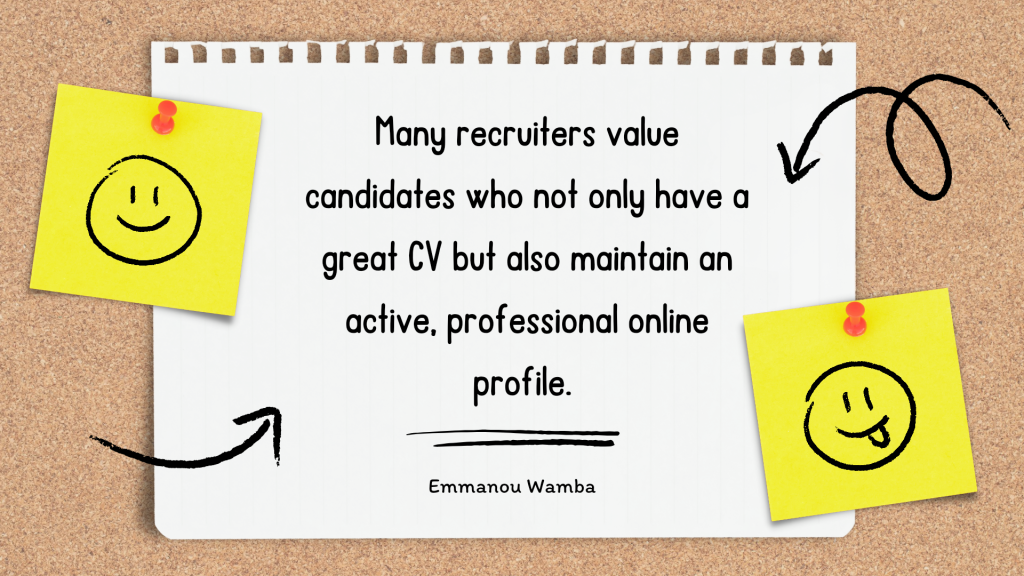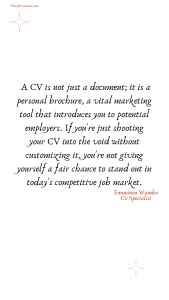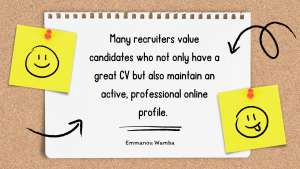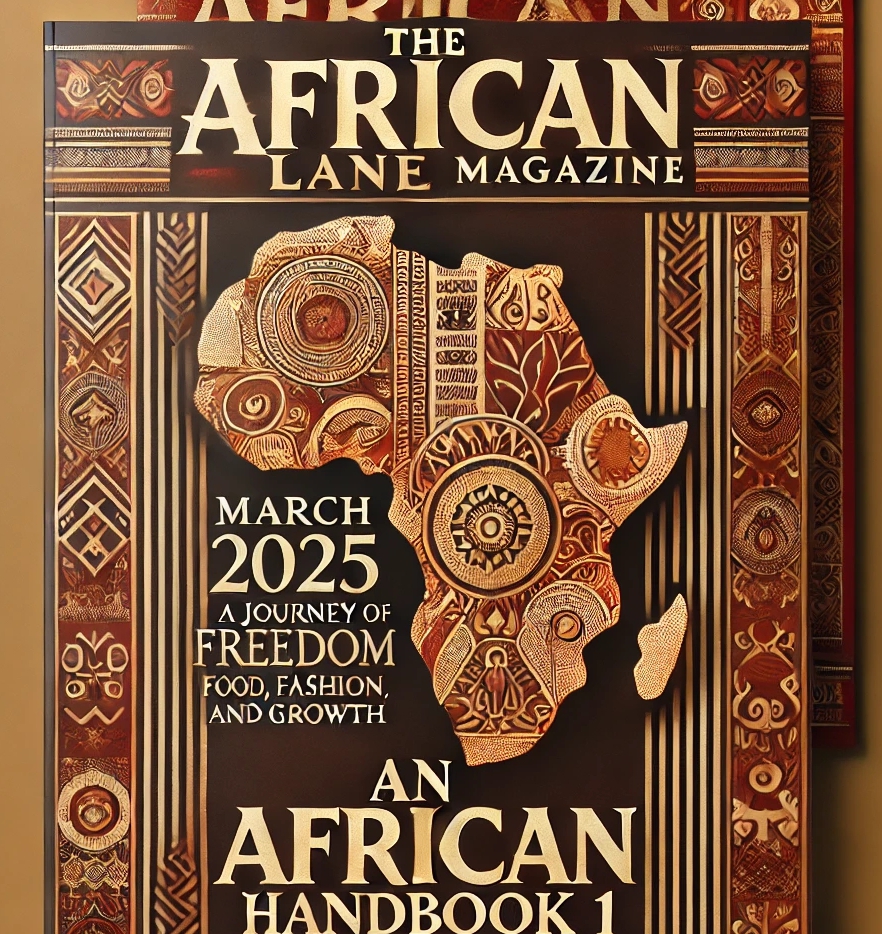HOW TO CRAFT A CV THAT OPENS DOORS TO YOUR DREAM JOB

African quote
When job hunting, many fall into the trap of using a one-size-fits-all approach to their Curriculum Vitae (CV). Through my extensive experience collaborating with seasoned recruiters across various industries, I have discovered key insights into what recruiters typically look for in a CV. This has brought me closer to perfecting a formula that adapts to the diverse demands of the job market.

The truth is, if you show your CV to 5 different people, you’ll likely be criticized in 5 different ways, since the idea of a “Perfect CV” is highly subjective. A CV is not just a document; it is a personal brochure, a vital marketing tool that introduces you to potential employers. If you’re just shooting your CV into the void without customizing it, you’re not giving yourself a fair chance to stand out in today’s competitive job market.
Why should each CV be customized? You might ask; In a market flooded with qualified candidates, a generic CV is less likely to capture a recruiter’s attention because if you’re trying to appeal to every potential employer under the sun, you risk appealing to none. It’s essential to convey not only that you can do the job but also that you are the best person for the job.
Since there is no universal CV that works for every job application,
the following advice will help you choose the right format.

HOW TO CHOOSE THE RIGHT CV FORMAT
Before you apply for a job, ask yourself this question. “Do I have the
necessary experience needed to get the job?” A yes or no to this question will help you to know which format to adopt.
1. Chronological CV: It is most popular with employers because they can see your career progression. If you have worked in the same sector for a while and want to continue to do so, this is the
best CV format for you. It’s also known as a reverse-chronological format because it lists your most recent role first and then moves back through your previous
jobs.

2. Skills-based CV: If you’re switching careers, or you’re a recent graduate with little or no experience, a skills-based CV is advisable because it will put your valuable transferable skills at the forefront. This means employers can focus on what makes you a good fit for the role – not what you’re lacking.
Excerpt from The African Lane Magazine’s 4th Edition.
Download magazine👇👇 for the complete article
The African Lane Magazine 4th Edition





